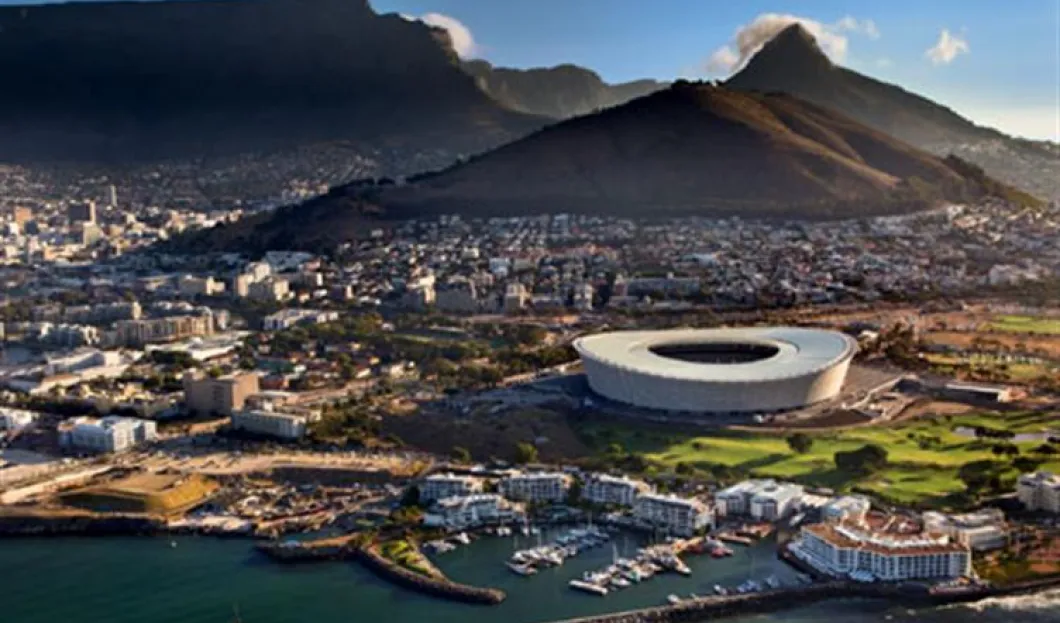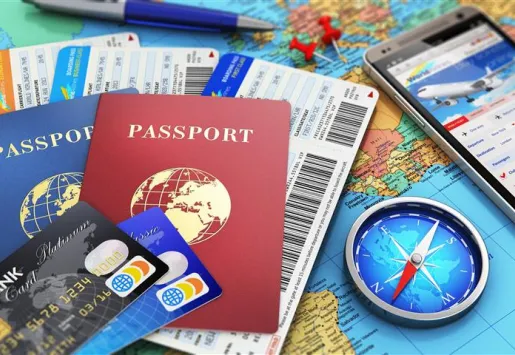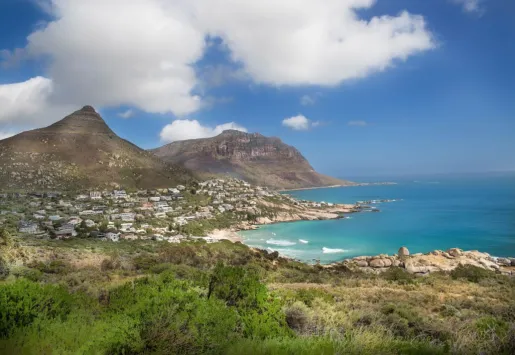
South Africa’s new, less strict visa rules could greatly benefit the country’s tourism industry, experts say. These new regulation changes are believed to be especially important seeing as international arrivals were down by 6.8% in 2015, with the current strict visa requirements as one of the discouraging factors for foreign tourists who would otherwise gladly visit the country.
The new regulations, which will allow Chinese agencies to process applications, where these were previously only processed by visa centers, forcing applicants to submit their requests in person, are surely being implemented to take advantage of Asian markets. The change can make all the difference in this region, seeing as there are very few such centers in countries like China or India.
They also come after South African tourism industry has seen a surge in incoming visitors at the end of the last year, and are probably meant to take advantage and enhance that positive scenario.
The new, more relaxed visa requirements, which are meant to make South Africa more competitive for travelers from Russia, India and especially China, could also include a total visa exemption for these countries as well as visa on arrival for passengers coming from the UK, US or Canada.
The visa reforms are expected to give a much needed push to the South African tourism industry and help the country’s ailing economy. However, they are also expected to be slow to actually take effect, thus counteracting such benefits.
Meanwhile, the country’s economic situation may not be favorable for the country itself, but it may bring some added benefits to the tourism industry, especially since the devaluation of the rand makes the country cheaper and more competitive for foreigners, particularly those from Asian countries, whose monetary power is still quite modest compared to that of Europeans and Americans.
Likewise, with international travel becoming more expensive for South Africans, domestic holidays become more attractive, boosting the industry as well as local and national economies. These contributions are particularly relevant when you take into account that tourism makes up for a whopping 9.4% of the national GDP, as well as 9.9% of overall employment, putting bread on the table of an estimated 1.5m South Africans.
Unfortunately, South Africa isn’t the only country dealing with unfavorable economic conditions, and that does weigh on incoming tourism as much as local prices or visa requirements might.
The number of incoming tourists from Russia, which is in deep economy recession, for instance, has taken a drastic dive of over 30% last year, a very significant negative result, seeing as the country is one of South Africa’s key source markets.
On the other hand, however, there was an equally significant surge in incoming travelers from China – 2.2% in the fourth quarter of 2015, to be exact – boosted by the country’s continued economic growth and the Chinese people’s growing will to travel and get to know the larger world.
The new visa regulations should prove to be an added incentive for Chinese travelers, as well as provide a new competitiveness in markets like Russia, where the devalued rand might also make a large difference.













